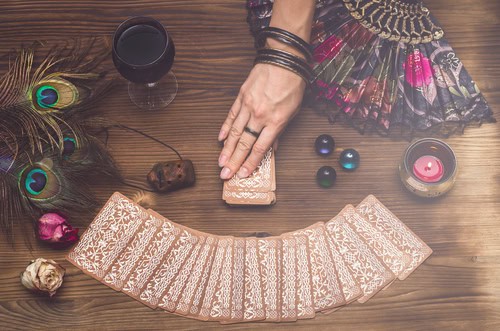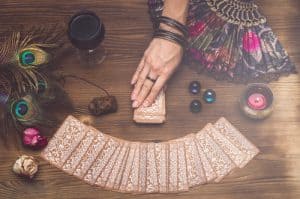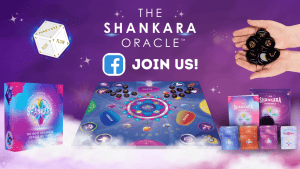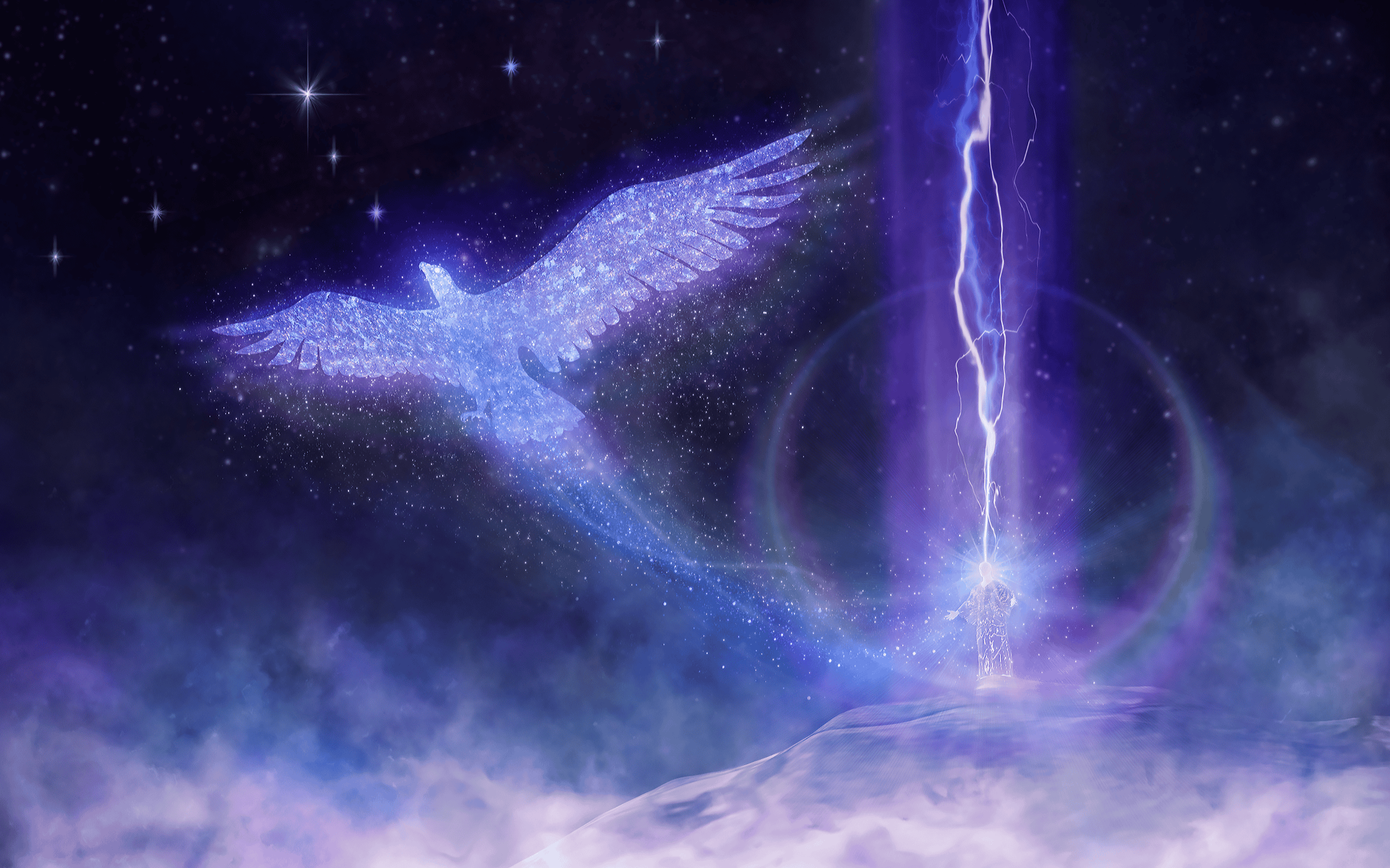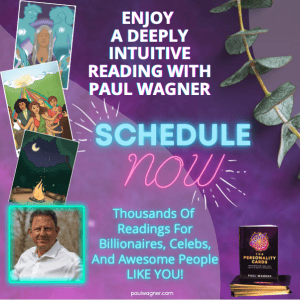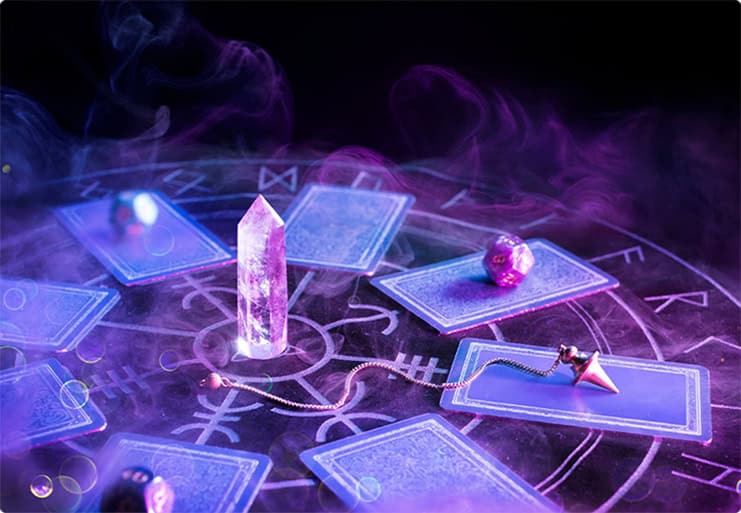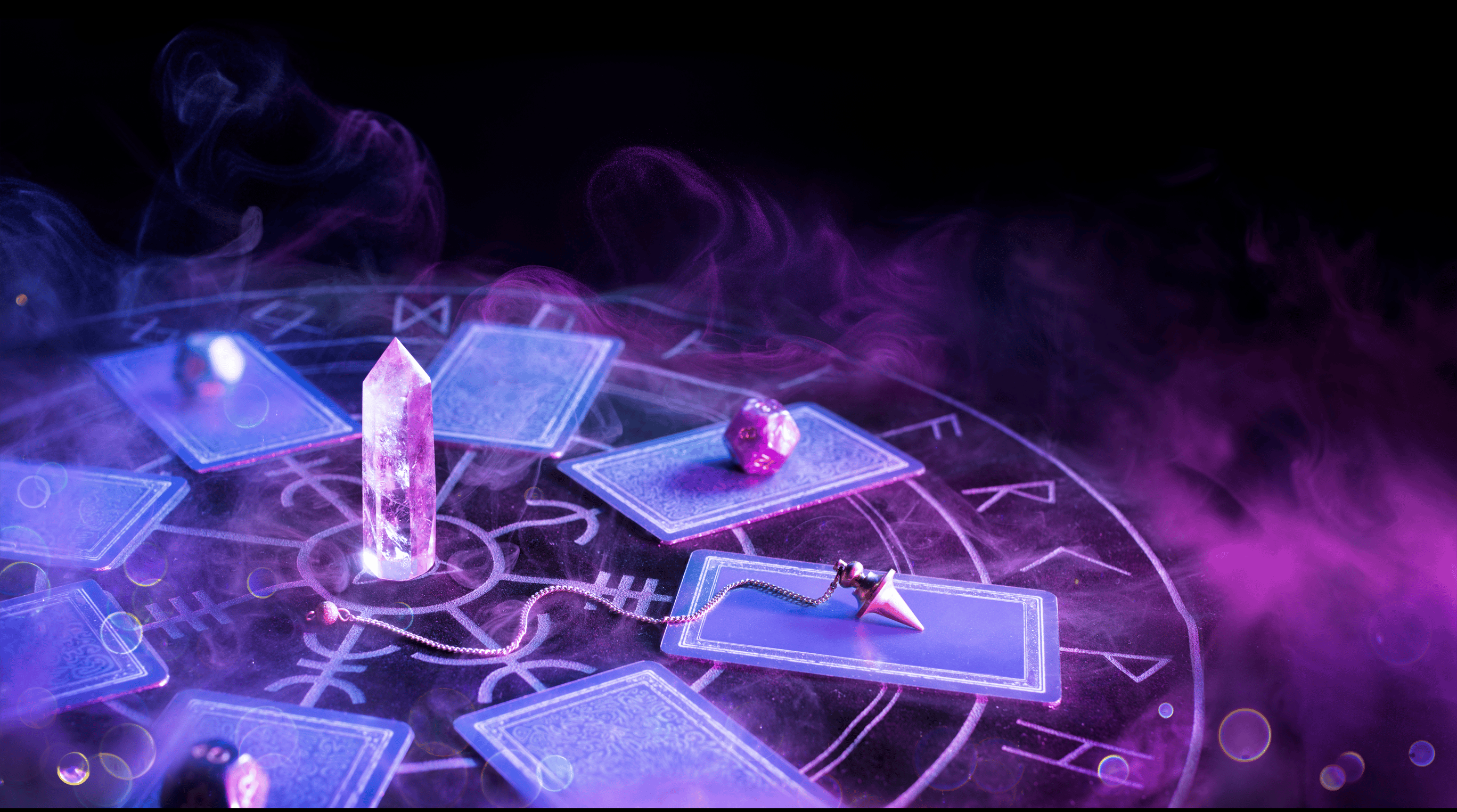
Time, Matter, Spacetime, Advaita Vedanta & YOU
One might ask: What degree is time the creator or revealer of matter, supporting and negating the idea that the material world does not exist except within our minds according to our belief in time?
The idea that time is the creator or revealer of matter, and the notion that the material world exists only within our minds according to our belief in time, touches on deep philosophical, scientific, and metaphysical concepts. Here’s an exploration of both supporting and negating perspectives on these ideas:
Supporting the Idea
Philosophical Idealism: Philosophers like George Berkeley argued that reality is fundamentally mental and that material objects only exist as perceptions within our minds. From this perspective, time is a mental construct that organizes our experiences. Without time, our perceptions (and thus our reality) would not have any sequence or order.
Quantum Mechanics: In quantum physics, the observer effect suggests that the act of observation influences the state of a quantum system. This can be interpreted to mean that our perception (which operates within the framework of time) plays a role in the manifestation of matter. Time, as a dimension, is essential for our observation and understanding of quantum events.
Relativity Theory: According to Einstein’s theory of relativity, time and space are intertwined in a four-dimensional continuum known as spacetime. Matter and energy interact within this continuum, and their existence is defined by their coordinates in spacetime. This implies that without the dimension of time, the concept of matter as we understand it would be meaningless.
Spiritual and Mystical Views: Many spiritual traditions propose that the material world is an illusion (Maya in Hindu philosophy) and that true reality is timeless and beyond physical perception. Time is seen as a veil that obscures the true nature of existence, which is fundamentally non-material.
Negating the Idea
Materialism and Physicalism: These philosophical stances argue that matter is the fundamental substance of reality and exists independently of perception or time. Time is considered a dimension in which matter exists and changes, but it is not the creator of matter. Matter would exist regardless of whether there is an observer to perceive it.
Empirical Science: Scientific methodologies are based on the objective existence of the material world. Experiments and observations consistently demonstrate that matter exists and behaves according to physical laws, irrespective of human perception or belief in time. For instance, celestial bodies and geological processes exist and operate over vast timescales far beyond human perception.
Biological Evidence: Biological processes, such as evolution, operate over millions of years, suggesting that time is a real, measurable phenomenon independent of human consciousness. The existence of fossils and geological strata provides evidence of a material world that has evolved over vast periods.
Psychological and Neuroscientific Insights: While human perception of time can be subjective and influenced by various factors, neuroscience shows that our brains operate within the constraints of a material body and a physical world. Our cognitive processes are deeply rooted in the physical structure of our brains, which exist in a temporal context.
Synthesis
The debate over whether time is the creator or revealer of matter, and whether the material world exists only within our minds, is ongoing and multifaceted. Both perspectives offer valuable insights:
From a philosophical and metaphysical standpoint, time can be seen as a construct that gives structure to our perceptions, suggesting that our experience of the material world is intimately tied to our consciousness and belief in time.
From a scientific and empirical standpoint, matter exists independently of our perception, and time is a dimension in which material processes unfold, reinforcing the objective reality of the material world.
Ultimately, the degree to which time is seen as the creator or revealer of matter depends on one’s philosophical, scientific, and spiritual frameworks. Each perspective provides a unique lens through which to explore the nature of reality.
Speeding Up Imagery
The phenomenon of speeding up an image of someone walking until they disappear can be interpreted in several ways, each offering insights into the relationship between time, perception, and reality:
Perceptual Perspective
Temporal Resolution of Human Vision: Human perception is limited by the temporal resolution of our vision. When we speed up a video, frames pass by faster than our eyes can process them, resulting in the appearance of a blur or disappearance. This highlights how our perception of reality is constrained by our sensory and cognitive capabilities. It doesn’t mean the person has physically disappeared; rather, our ability to perceive them has been exceeded.
Time Compression and Information Loss: Speeding up an image compresses the time over which the visual information is presented. If the speed exceeds the threshold at which we can process individual frames, the details merge, and information is lost. This can be seen as a metaphor for how time and perception are interlinked—our experience of reality is a continuous flow, but when that flow is disrupted, our perception of continuity breaks down.
Philosophical Perspective
Illusion of Continuous Reality: The disappearance of a person in a sped-up image can be used to argue that our perception of a continuous, stable reality is an illusion created by the brain. If time is compressed or altered, our constructed reality falters. This aligns with the philosophical idea that what we perceive as reality is a mental construct dependent on the processing of temporal information.
Subjectivity of Time: This phenomenon underscores the subjectivity of time. What we perceive as movement or existence is based on our internal clocks and sensory processing. When external time is manipulated (sped up), our perception fails to keep up, suggesting that time is not an absolute entity but a relative experience shaped by our biology and cognition.
Scientific Perspective
Frames and Perception: In video and film, a sequence of still images (frames) creates the illusion of motion when played at a certain speed. If the speed is increased, the continuity of motion breaks down. This scientific explanation emphasizes that our experience of movement and existence is based on discrete snapshots processed by our brains into a continuous flow. The disappearance is not a physical reality but a perceptual limitation.
Relativity of Time: From a scientific standpoint, particularly in relativity, time is not a fixed backdrop but a dimension that interacts with space and matter. The phenomenon of speeding up a video can be seen as a practical demonstration of how altering the flow of time (even artificially) affects our perception of reality. It suggests that our understanding of time is crucial for our experience of the material world.
Metaphysical Perspective
Temporal Illusions: In metaphysical terms, this could be seen as evidence that time and the material world are interdependent constructs. If altering time (by speeding up a video) causes someone to disappear from our perception, it implies that our material reality is closely tied to the temporal dimension. This supports the idea that time is a crucial element in the manifestation of the material world.
Existence Beyond Perception: Another metaphysical interpretation is that what we perceive as disappearance due to speeding up is merely a limitation of our sensory apparatus. The person still exists, but our perception can no longer register their presence. This can be extended to suggest that the material world might exist independently of our perception, but our experience of it is bounded by time and sensory processing.
The phenomenon of a person disappearing when an image of them walking is sped up serves as a compelling illustration of the complex relationship between time, perception, and reality. It demonstrates that:
Perception is limited by sensory and cognitive capacities.
Time is a relative and subjective experience.
The continuity of reality is a constructed illusion based on temporal processing.
This underscores the idea that our understanding of the material world is deeply intertwined with our perception of time, whether we consider time as a creator, revealer, or a contextual dimension in which reality unfolds.
Druids, Native Americans, and Advaita Vedanta
The concepts discussed above can be aligned with various principles from ancient spiritual traditions, including Druidism, Native American spirituality, and Advaita Vedanta, as well as other ancient ideologies. Here’s how these perspectives might integrate with the idea of time and perception shaping reality:
Druidism
Interconnectedness of All Life: Druids believed in the interconnectedness of all life and the cycles of nature. The idea that altering the flow of time affects our perception of reality resonates with the Druidic understanding that all elements of existence are interconnected and influence each other. The disappearance of a person in a sped-up image can symbolize the transient nature of existence and the cyclical flow of life and death.
Nature’s Cycles: Druids revered the cycles of the moon, the seasons, and other natural rhythms. These cycles are temporal constructs that shape their perception of reality. The manipulation of time in our perception aligns with the Druidic recognition of the fluid and ever-changing nature of existence.
Native American Spirituality
Animism and the Spirit World: Many Native American traditions hold that all things possess a spirit and are interconnected. The notion that time and perception influence our reality aligns with the belief that the material world is imbued with spiritual significance, and our perception is just one layer of understanding. The change in perception due to the speeding up of time can be seen as a shift in our awareness of the spiritual dimension.
Sacred Time: Native American cultures often differentiate between linear time and cyclical or sacred time. The idea that altering time changes our perception of reality echoes the concept of sacred time, where time is not linear but a series of interconnected moments. This perspective supports the view that time is a flexible construct that shapes our experience of the world.
Advaita Vedanta
Non-Duality (Advaita): Advaita Vedanta teaches that the ultimate reality is non-dual and that the perceived separation between the self and the material world is an illusion (Maya). The idea that the material world does not exist except within our minds according to our belief in time aligns with the Advaitic principle that reality is a unified whole, and distinctions such as time and matter are products of ignorance (Avidya).
Illusion of Time (Maya): The concept of Maya in Advaita Vedanta suggests that the material world and the flow of time are illusions that veil the true, timeless nature of reality (Brahman). The disappearance of a person in a sped-up image can be seen as a metaphor for how time-based perception obscures our understanding of the eternal, unchanging reality.
Other Ancient Spiritual Technologies
Buddhism: The Buddhist concept of impermanence (Anicca) teaches that all phenomena are transient and constantly changing. The manipulation of time to alter perception aligns with this principle, highlighting the impermanent nature of reality and our attachments to temporal experiences.
Hermeticism: The Hermetic principle of “As above, so below” suggests that the microcosm reflects the macrocosm and vice versa. The idea that our perception of time affects our reality can be seen as an expression of this principle, where changes in the temporal microcosm (perception) reflect changes in the material macrocosm (existence).
Ancient Greek Philosophy: Philosophers like Heraclitus believed in the constant flux of reality, famously stating, “You cannot step into the same river twice.” The idea that speeding up time causes changes in perception aligns with this view of constant change and the fluid nature of reality.
Integration and Synthesis
From the perspectives of these ancient spiritual traditions, the key takeaways aligned with the idea of time and perception shaping reality are:
Interconnectedness: All life and phenomena are interconnected and influence each other. The perception of time is part of this interconnected web.
Sacred and Cyclical Time: Time is not merely linear but can be understood as cyclical or sacred, affecting how we perceive and interact with reality.
Illusion (Maya): The material world and time are seen as illusions that veil the true, unchanging reality. Altering our perception of time can help reveal deeper truths about existence.
Impermanence: All phenomena are transient and constantly changing. Our perception of reality is shaped by this impermanence.
Unity and Non-Duality: Ultimately, reality is a unified whole, and distinctions such as time and matter are illusory constructs of the mind.
By recognizing these principles, we can gain a deeper understanding of how our perception of time influences our experience of reality and explore ways to transcend these illusions to connect with a more profound, timeless truth.
Advaita Vedanta … is the scientific study of spacetime related to our physical reality, wrapped in a pure, unbiased, spiritual context. It is often regarded as a profound spiritual philosophy, offering a lens through which we can explore the nature of reality, consciousness, and existence.
At its core, Advaita Vedanta posits that the ultimate reality (Brahman) is non-dual and that the distinctions we perceive in the material world, including time and space, are illusory.
This perspective can be intriguingly related to modern scientific understandings of spacetime and our physical reality. By delving deeply into both Advaita Vedanta and contemporary science, we can uncover profound insights about our existence.
Moreover, to truly benefit from Advaita Vedanta and move towards enlightenment, we must transcend mere intellectual understanding and embody its principles in our daily lives.
Advaita Vedanta and the Nature of Reality
Advaita Vedanta, a school of Hindu philosophy, is centered on the teachings of the Upanishads, the Bhagavad Gita, and the Brahma Sutras. Adi Shankaracharya, a revered philosopher and theologian, is one of the most significant exponents of Advaita Vedanta. According to this philosophy, the ultimate reality is Brahman, which is infinite, eternal, and beyond the limitations of time and space. The individual soul (Atman) is not separate from Brahman; rather, it is identical to it. This realization of the non-duality (Advaita) of Atman and Brahman is the essence of enlightenment.
Spacetime and Physical Reality
In modern physics, the concepts of spacetime, matter, and energy form the foundation of our understanding of the universe. Albert Einstein’s theory of relativity revolutionized our conception of time and space, merging them into a single four-dimensional continuum known as spacetime. In this framework, time and space are not independent entities but are interwoven and affected by the presence of matter and energy.
Quantum mechanics further challenges our intuitive understanding of reality, revealing that at the most fundamental level, particles do not have definite positions or velocities until they are observed. This introduces the idea that the act of observation plays a crucial role in shaping reality, echoing the Advaitic principle that perception and reality are deeply intertwined.
Bridging Advaita Vedanta and Science
At first glance, Advaita Vedanta and modern science may seem to operate in entirely different realms: one in the spiritual and metaphysical, the other in the empirical and measurable. However, both seek to understand the fundamental nature of reality. Advaita Vedanta asserts that the material world and its distinctions are illusions (Maya), while modern science reveals the malleability and interconnectedness of spacetime and matter.
From the Advaitic perspective, the material world is a manifestation of Brahman, perceived through the lens of Maya. This is analogous to how modern physics views the universe as a dynamic interplay of energy and matter within spacetime. Both perspectives suggest that the reality we experience is not the ultimate truth but a constructed understanding based on our perceptions and cognitive limitations.
Un-Intellectualizing Advaita Vedanta for Enlightenment
While intellectual study of Advaita Vedanta is essential for grasping its principles, true enlightenment requires transcending mere conceptual understanding. Here are some ways to embody the teachings of Advaita Vedanta and move towards enlightenment:
1. Meditation and Self-Inquiry
Meditation and self-inquiry (Atma Vichara) are central practices in Advaita Vedanta. Through meditation, we quiet the mind and create a space where we can observe our thoughts and perceptions without attachment. Self-inquiry involves asking fundamental questions such as “Who am I?” to peel away the layers of ego and illusion, leading to the realization of the Self (Atman) as Brahman.
2. Mindfulness and Presence
Living mindfully and being fully present in each moment helps us transcend the illusion of time. By focusing on the present, we can experience the unity of existence and diminish the distractions created by past and future concerns. This aligns with the Advaitic principle that time and space are constructs of the mind, and true reality exists beyond these constructs.
3. Non-Attachment and Detachment
Advaita Vedanta teaches non-attachment (Vairagya) to the material world and its transient phenomena. By cultivating detachment, we free ourselves from the bindings of desires and fears, which are rooted in the illusion of separateness. Practicing non-attachment allows us to experience the underlying unity of all existence.
4. Selfless Service (Seva)
Engaging in selfless service helps dissolve the ego and reinforces the understanding that all beings are manifestations of the same underlying reality. By serving others without expecting anything in return, we align our actions with the principle of non-duality, recognizing the interconnectedness of all life.
5. Contemplative Study and Reflection
While it is important to move beyond intellectualization, contemplative study of Advaita Vedanta texts can deepen our understanding and provide insights that support our spiritual practice. Reflecting on these teachings in a meditative state allows us to internalize and embody them.
6. Living in Harmony with Nature
Many spiritual traditions, including Advaita Vedanta, emphasize living in harmony with nature. Recognizing the divinity in all forms of life and the interconnectedness of the natural world helps us transcend the illusion of separateness. By aligning our lives with the rhythms of nature, we can experience the unity of existence more profoundly.
Our Experience of Physical Reality
Our physical reality, as experienced through our senses and interpreted by our minds, is a complex interplay of perceptions, beliefs, and underlying truths. From the perspective of Advaita Vedanta, what we perceive as the material world is a projection of our consciousness, shaped by the limitations of our senses and cognitive frameworks.
1. Sensory Perception
Our sensory organs are designed to perceive a limited range of stimuli. For example, our eyes can see only a narrow spectrum of light, and our ears can hear only certain frequencies of sound. These sensory limitations mean that our experience of reality is inherently incomplete and filtered. Advaita Vedanta teaches that what we perceive through our senses is not the ultimate reality but a manifestation of Brahman filtered through Maya.
2. Cognitive Interpretation
The mind interprets sensory data and constructs a coherent picture of reality. However, this cognitive process is influenced by past experiences, beliefs, and biases. As a result, our perception of reality is subjective and often distorted. Advaita Vedanta encourages us to transcend these mental constructs through practices such as meditation and self-inquiry, allowing us to experience the true nature of reality.
3. Temporal Experience
Our experience of time is subjective and varies depending on our mental state and activities. Moments of intense focus or joy seem to pass quickly, while periods of boredom or discomfort seem to drag on. This subjectivity of temporal experience highlights the illusory nature of time. Advaita Vedanta teaches that time is a construct of the mind and that true reality exists beyond the confines of time.
4. Spacetime and Unity
The scientific understanding of spacetime as a continuum where time and space are interconnected aligns with the Advaitic view of non-duality. Just as spacetime unifies the dimensions of time and space, Advaita Vedanta teaches that all distinctions are ultimately unified in Brahman. By recognizing this unity, we can transcend the illusion of separateness and experience the oneness of existence.
Practical Steps to Embody Advaita Vedanta
To move beyond intellectual understanding and embody the teachings of Advaita Vedanta, we can integrate practical steps into our daily lives. These practices help us internalize the principles of non-duality and experience the unity of existence.
1. Daily Meditation
Establishing a regular meditation practice helps us quiet the mind and connect with our true nature. By meditating daily, we create a space to observe our thoughts and perceptions without attachment, allowing us to experience the underlying unity of existence.
2. Self-Inquiry Practice
Incorporating self-inquiry into our daily routine involves asking questions like “Who am I?” and “What is my true nature?” These questions help us peel away the layers of ego and illusion, leading to a deeper understanding of the Self as Brahman.
3. Mindful Living
Practicing mindfulness in our daily activities helps us stay present and aware of the interconnectedness of all life. By being fully present in each moment, we can transcend the illusion of time and experience the unity of existence.
4. Cultivating Non-Attachment
Developing non-attachment to material possessions, desires, and outcomes frees us from the bindings of the ego. By practicing detachment, we can experience the true nature of reality beyond the illusions created by the mind.
5. Engaging in Selfless Service
Participating in acts of selfless service helps dissolve the ego and reinforces the understanding of non-duality. By serving others without expecting anything in return, we align our actions with the principle of interconnectedness and unity.
6. Contemplative Study
Engaging in contemplative study of Advaita Vedanta texts provides insights that support our spiritual practice. Reflecting on these teachings in a meditative state allows us to internalize and embody them, deepening our understanding of non-duality.
7. Connecting with Nature
Spending time in nature and recognizing the divinity in all forms of life helps us transcend the illusion of separateness. By living in harmony with nature, we can experience the unity of existence more profoundly and align our lives with the rhythms of the natural world.
Transcending Intellectual Understanding
While intellectual understanding is valuable, true enlightenment in Advaita Vedanta requires transcending mere conceptual knowledge and embodying the principles of non-duality in our daily lives. This involves a holistic approach that integrates meditation, self-inquiry, mindfulness, non-attachment, selfless service, contemplative study, and connection with nature.
By moving beyond intellectualization, we can experience the true nature of reality and achieve enlightenment. This process requires dedication, practice, and a willingness to let go of the ego and the illusions created by the mind. As we embody the teachings of Advaita Vedanta, we can experience the unity of existence and the realization that the Self (Atman) is identical to the ultimate reality (Brahman).
Conclusion
Advaita Vedanta offers profound insights into the nature of reality, consciousness, and existence, which can be intriguingly related to modern scientific understandings of spacetime and our physical reality.
By integrating the principles of Advaita Vedanta into our daily lives and moving beyond mere intellectual understanding, we can transcend the illusions of time and space and experience the true nature of reality.
Through meditation, self-inquiry, mindfulness, non-attachment, selfless service, contemplative study, and connection with nature, we can embody the teachings of Advaita Vedanta and move towards enlightenment, experiencing the unity of existence and the realization of the Self as Brahman.
To begin the process, explore The Shankara Oracle – it can dramatically improve your life – and finally your ability to see yourself and all reality clearly.
Get The Shankara Oracle and dramatically improve your perspective, relationships, authentic Self, and life.







